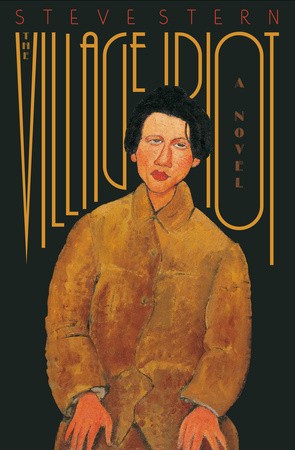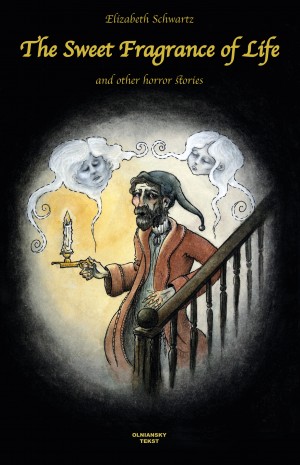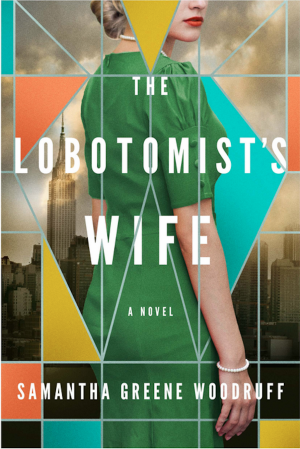The Lioness of Boston is a historic novel about the life of daring visionary Isabella Stewart Gardner, who created an inimitable legacy in American art and transformed the city of Boston itself. By the time Isabella Stewart Gardner opened her home as a museum in 1903 to showcase her collection of old masters, antiques, and objects d’art, she was already well-known for scandalizing Boston’s polite society. But when Isabella first arrived in Boston in 1861, newly married and unsure of herself, she was puzzled by the frosty reception she received from stuffy bluebloods. At first, she strived to fit in. Following tragedy and upper-society rejection, Isabella discovered her own outspoken nature, infiltrating the Harvard world, and embracing friends with those society defined as “other.” Isabella explores the art world, meeting Impressionist artists and kindred spirits Henry James, Oscar Wilde, and John Singer Sargent. A worldwide traveler, she collects paintings and objects, forging an important relationship with Jewish immigrant/Harvard student Bernard Berenson, her art dealer/confidante. An eccentric trailblazer, Isabella was a misfit who befriended other outcasts only to rise into art and intellectual society, opening her own museum. The Lioness of Boston is a portrait of a courageous soul, living life on her own terms, who shattered society’s expectations.
Join a community of readers who are committed to Jewish stories
Sign up for JBC’s Nu Reads, a curated selection of Jewish books delivered straight to your door!





